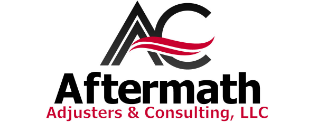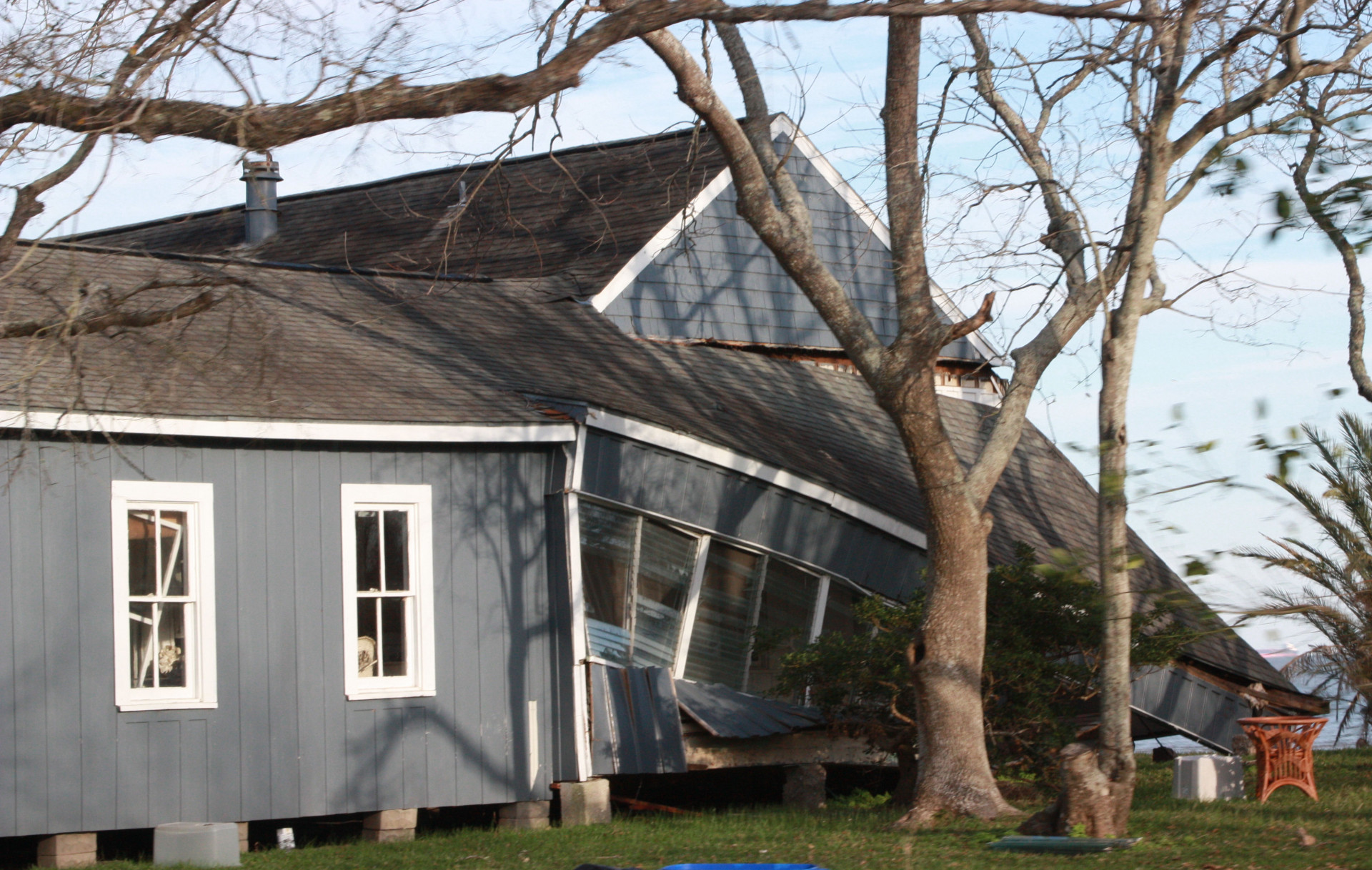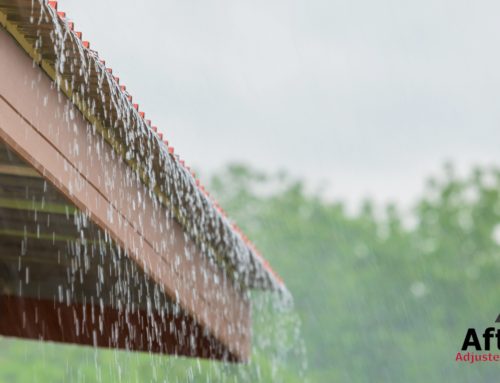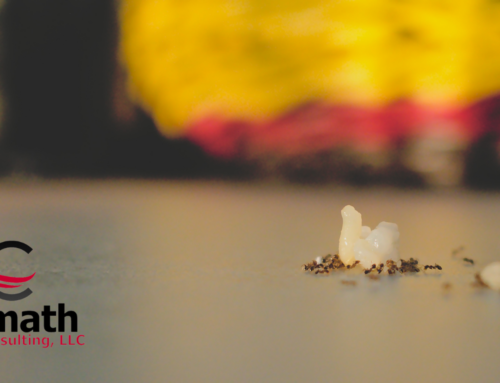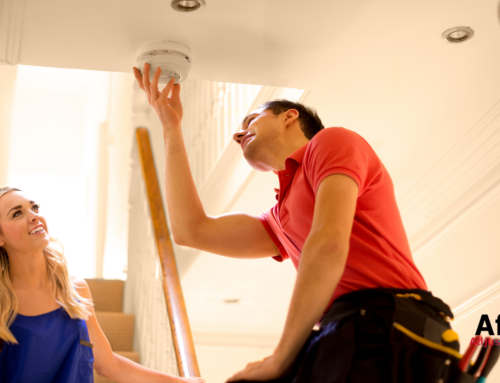After a devastating hurricane, homeowners assess the damage, contact their insurance company, and figure out how to recover. Part of the recovery is getting the settlement you deserve for a hurricane damage claim. Here are six things you need to know.
#1: Home Insurance Does Not Cover Flooding
Typically, damage caused by wind, such a rain into your home through the roof, windows, or doors is covered by home insurance. However, water damage from flooding is not. For insurance companies, flooding means water that rises from the ground and includes a storm surge, overflow of rivers or lakes, and saturated groundwater leaking into your home.
In general, a lot of hurricane damage comes from flooding. Unless you have flood insurance, this damage will not be covered.
Of course, you should always contact your insurance company to see what your home insurance policy covers. For instance, you may get reimbursed for temporary housing expenses or get a replacement roof.
#2: Florida Has Hurricane Deductibles
For many years, homeowners had to buy a windstorm policy to cover hurricane events. Currently, many insurance companies now offer this coverage as part of the home insurance. However, you will pay a higher deductible for windstorm events.
Here are a few things to understand about Florida’s hurricane deductibles:
- These deductibles apply to damage claims when your area has a watch or warning for a named storm.
- They are a percentage-based deductible costing 2 to 10% of the value of your home.
- Florida residents only pay the deductible once a year. If you have damage from a second storm in one year, your deductible will be your standard homeowner’s policy flat rate amount.
#3 Understanding Fallen Trees
Fallen tree damage is also another big problem after a hurricane strikes. However, there are some rules you need to understand. If a tree:
- On your property damages your home or other structure, file a claim with your insurance provider.
- On your property damages a neighbor’s property, they should file a claim with their own insurance.
- Falls without damaging any property, your insurance company may pay a flat fee or nothing at all, depending on the policy you have.
#4: You May Be Entitled to Living Expenses
Most home insurance policies cover additional living expenses. This includes food, rent, and other costs associated with a temporary housing situation. Your policy may cover you up to one year or a percentage of your coverage amount. You can receive this money even before a final settlement occurs on your hurricane damage claim.
This is great news for homeowners that are unable to live in their home. Temporary housing costs are expensive and add up quickly. Be sure to keep all of your receipts so that you get a full reimbursement.
#5: Start Immediately With a Hurricane Damage Claim
As soon as you know you have damage, contact your insurance company. Then begin documenting the damages. The best way to do this is to take photos and videos of your home.
Once you have recorded the damages, you have the responsibility to make temporary repairs to stop further damage. For instance, you may need to put a tarp on the roof or board up a broken window. Keep all of your receipts for these repairs as you may get reimbursed by your insurance company.
#6: Getting Credit for Your Home’s Contents
The best way to get credit for everything inside your home is to have created a home inventory list prior to the storm. Of course, you should keep a copy of this list somewhere else, like online. If you have this list, then your claim will be much easier to make.
If you do not have an inventory list, try to figure out what each room contained. The more evidence you have, the better it will be for you. Here are some things to do:
- Look at photos taken in your home that show contents. Show these photos to your insurer.
- Find any receipts for valuables
- Take current photos to show items damaged
Insurers suggest that all homeowners create a home inventory list and update it yearly.
Of course, the easiest way to prepare a hurricane damage claim is to contact a public adjuster. Aftermath Adjusters & Consulting helps clients every year get the settlements they deserve after a hurricane hits. If you have hurricane damage, give us a call today.
